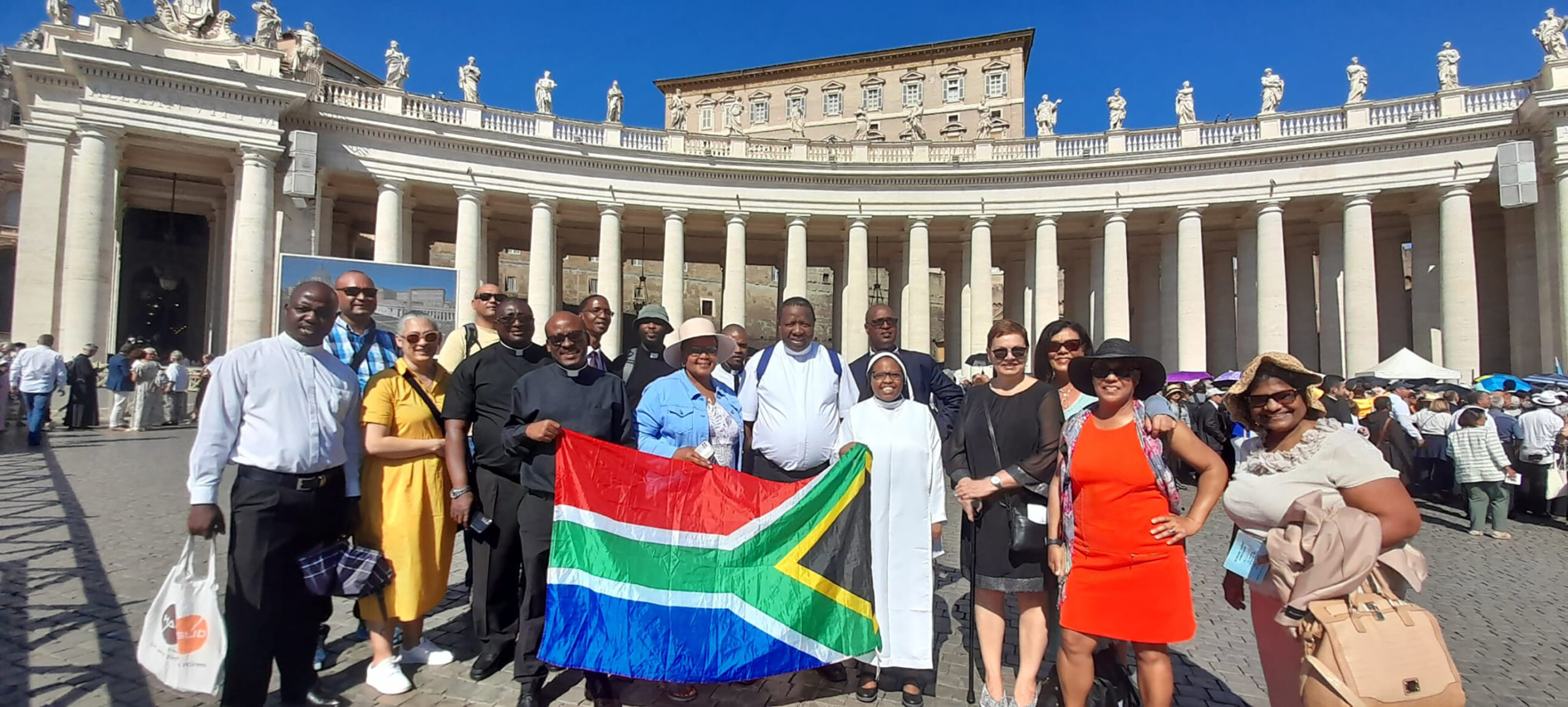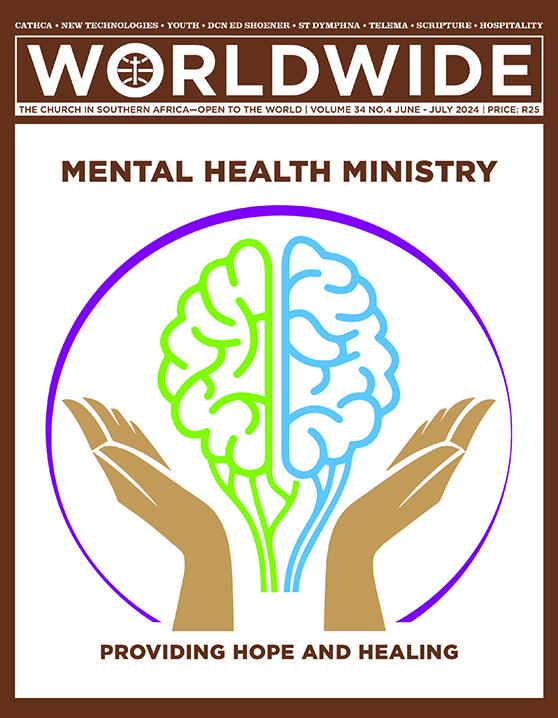
MENTAL HEALTH MINISTRY: PROVIDING HOPE AND HEALING
The colours symbolise peace and nature, the brain represents the mind and the hands imply care—thus giving the impression of ‘the mind in caring hands.’ (Lauren Bikhani, Mental Health Ministry Coordinator at All Saints Catholic Church, Ennerdale, Johannesburg).
Design by Warren Singh from DesignCreed.
Witness • Kenya
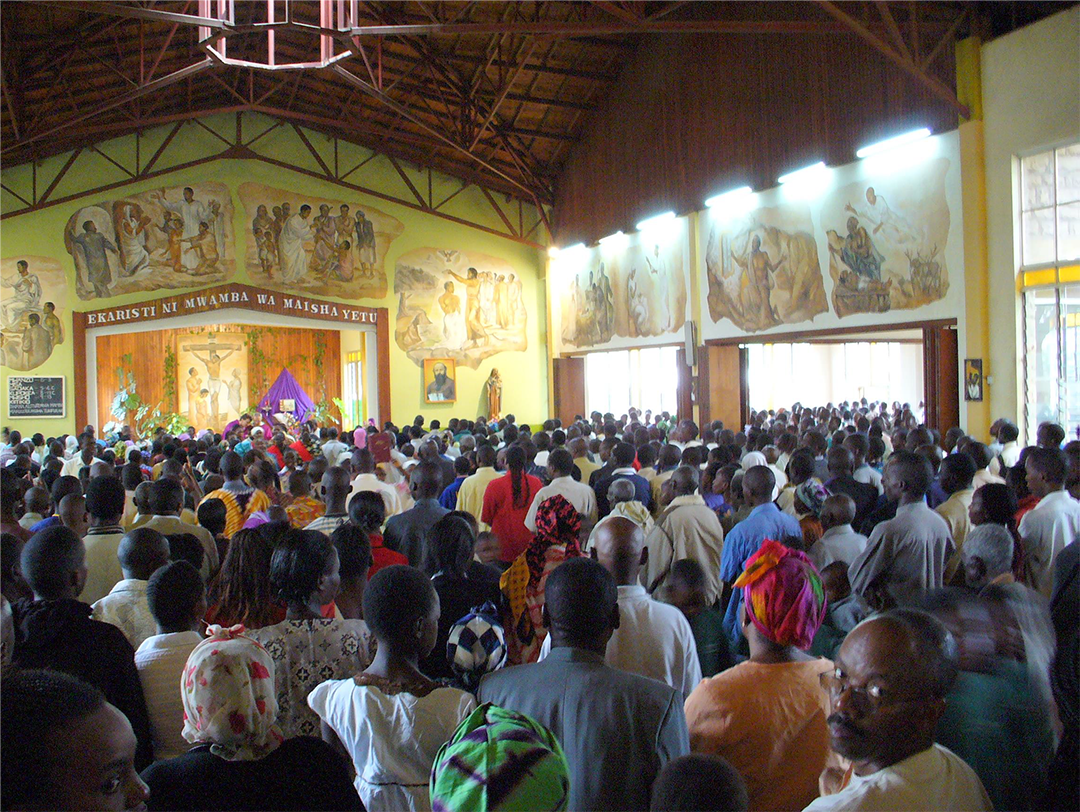
PERSEVERANCE IN FAITH
If the spark of faith catches fire, the church flourishes. This is what Brother Hans Eigner, a Comboni missionary, who has worked for several years in Kenya, believes. From his current mission in Germany, his country of origin, he shares with us his thoughts on “faith” in today’s world.
BY BRO. HANS EIGNER MCCJ
FAITH IS a personal decision based on experience, but first of all, it is a grace of God. However, I had still to learn the fact that faith becomes strong if it is lived in the community. My experience with the Small Christian Communities (SCC) in the parish of Kariobangi in Kenya had a profound influence in shaping me. There I noticed a “special ability/capability to believe in God” by the people among whom I had lived and worked. Turning to the western world: shortly before being killed by the Nazis 80 years ago, the Jesuit Priest Alfred Delp described modern man as being “incapable of believing in God”.
Heaven on Earth?
Our life, in general, has changed enormously over the past 50 years. This process has also affected our faith. Whereas it was an obvious option up to the recent past to believe in God, the omnipresent God, today faith is considered as merely one choice among many. May I venture to say that we have become religiously nonmusical or in a way homeless while living in homes that are more comfortable? New generations are no longer introduced to the Christian faith and we witness a silent exodus of many from the church. The internal and external causes of this phenomenon are numerous. Many place more emphasis on the internal ones within the church, but I, instead, want to write about the external conditions of faith. Something has changed for everyone: for those who believe in God and for those who no longer (are able to) believe in him.
We were possibly too busy over the past decades growing in prosperity, well-being, and self-optimization (e.g. body positivity). Along with material progress and capabilities, people settled down comfortably in this world. We tried to control the world, perhaps out of fear of missing out on something during our short lifespan. In the past, people were consoled with the promise of eternal life to come, but today worldly comfort has become of paramount importance. Heaven must happen here and now, since according to that mentality, there is none to be expected in the future. I consider this “development” misleading. I am not talking about individuals, but about society as a whole.
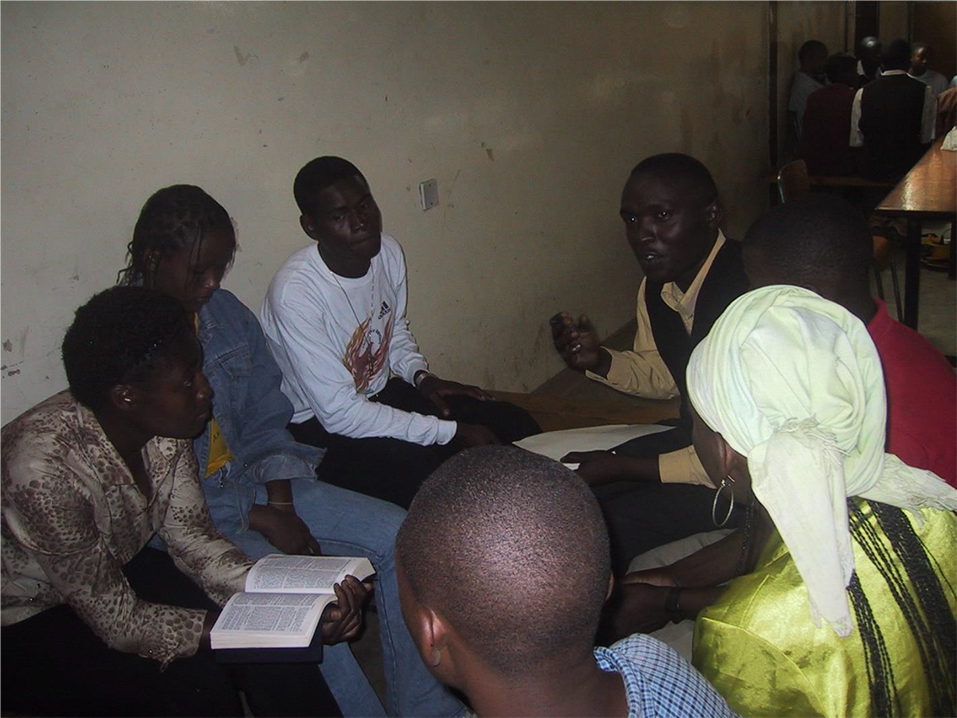
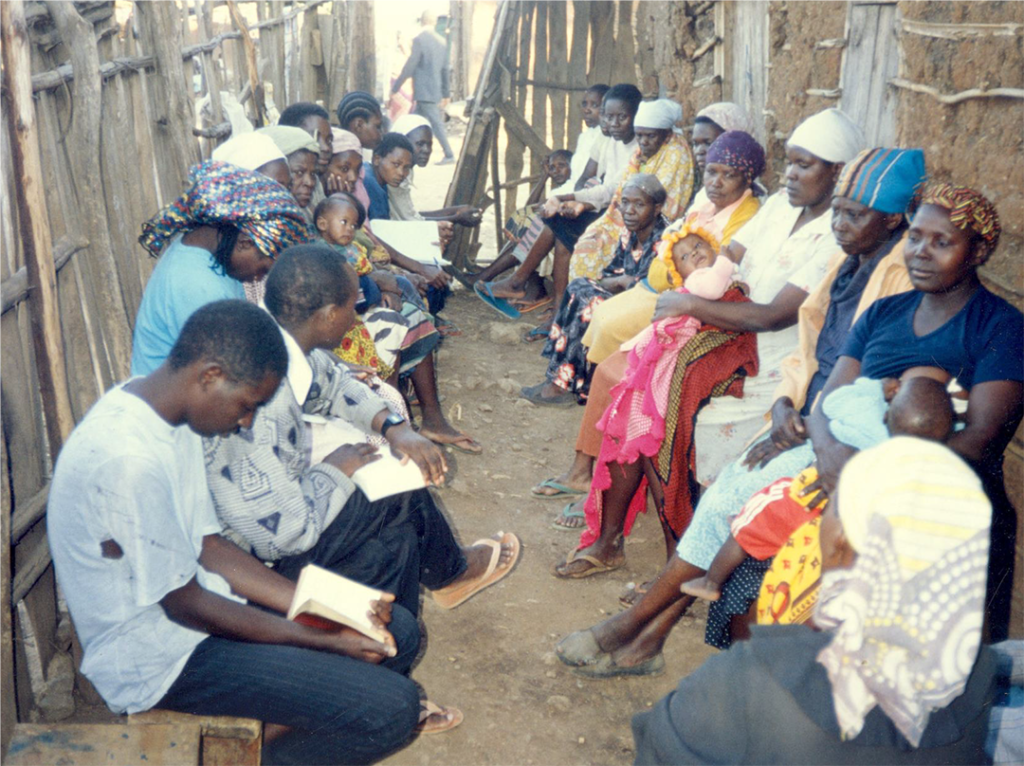
We interpret the world according to the pattern of modern society. The world is therefore at our disposal, it can be controlled, and everything is attainable. We have developed many means to “redeem” ourselves, but in this process, heaven has been locked up and the world has fallen silent. As we no longer believe in heaven, we strive to create heaven on earth. However, we often overstrain others and ourselves; as a result, we cause chaos in this world. In this context, just look at climate change, terrible wars, and social injustice. Hartmut Rosa (2020), a sociologist from Freiburg, says: “We live in a society that gets stable and steadfast only through moving dynamically. Thus, we need constant growth and acceleration to sustain ourselves. This forces us into a multiple relationship of aggression: such as aggression against nature; against our fellow human beings through envy and competitive thinking and, aggression against ourselves through the phenomenon of self-optimization.”
However, faith in God does not work that way. We cannot find God through our learned “aggression mode”. God is not available like the goods in a supermarket. Faith is an open response-relationship.
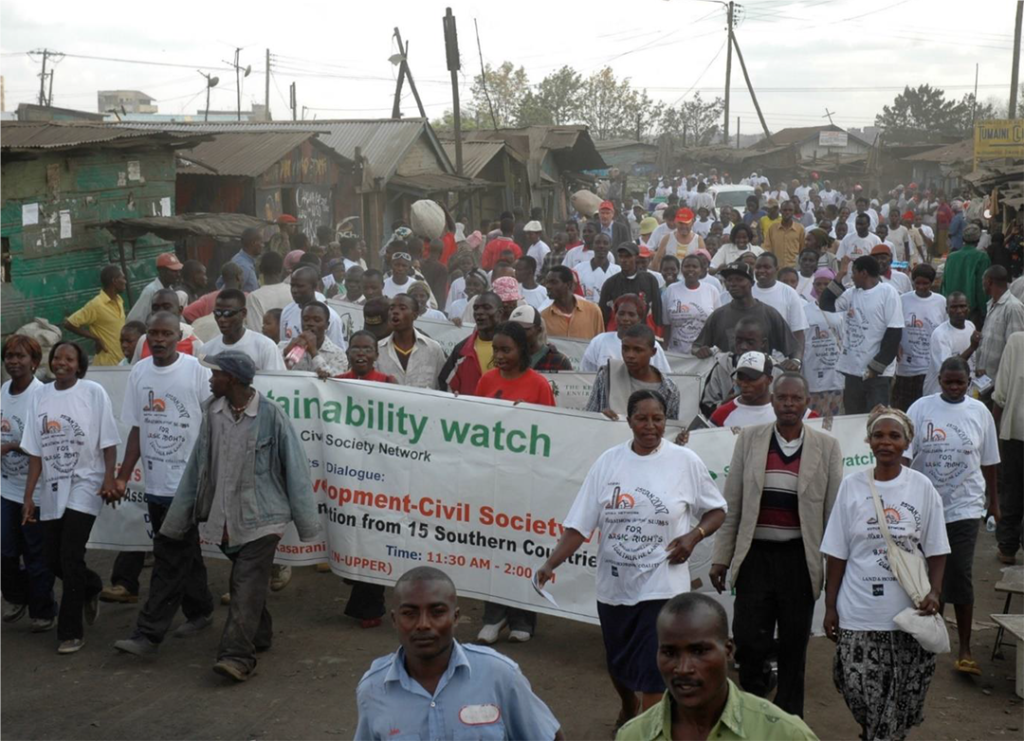
God is Here and Accompanies Us
My experience in East Africa taught me something important. In Kenya, I became aware that both the visible and the invisible worlds form a unity and that reality is open up towards heaven. No area is exempted. In addition, the experience of belonging shapes the person, according to the principle of the Ubuntu philosophy: “I exist because we exist” or “I am because we are.” This means that I do not have to be the best, to be rich, to be the most beautiful; I do not need to constantly compare myself with others, but I belong to a community that supports me and offers me dignity and identity. As people refer to God and depend on each other, they shape their lives with hope and confidence, despite all hardships.
A procession of the Way of the Cross in Kariobangi parish in Nairobi on Good Friday expressed the above-mentioned very touchingly. At nine o’clock in the morning, we left the parish church carrying a big wooden cross, accompanied by a small group of people. At each Station of the Cross, right through the slum, more people joined us, and towards the end—after about five hours—more than a thousand people had joined the procession: Catholics and non-Catholics, Christians, and maybe non-Christians. People felt very sympathetic to Jesus’ way of the cross, because even their way of life was ultimately a way of the cross. The comforting words in the gospel of Matthew “Come to me, all you who labor and are overburdened…” (Mt 11:28) became reality. This community that came into being under the cross shaped my own being as a missionary.
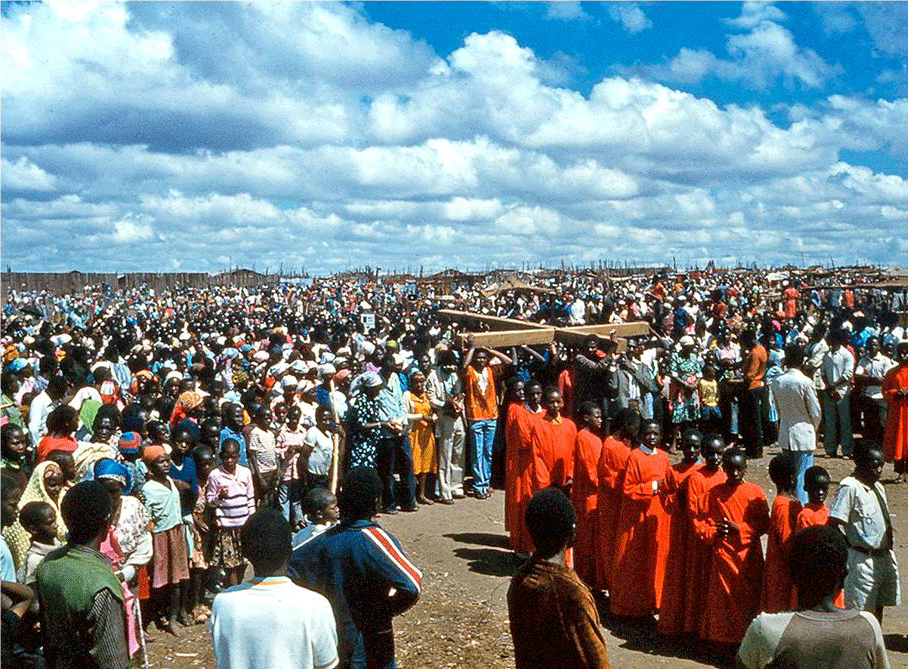
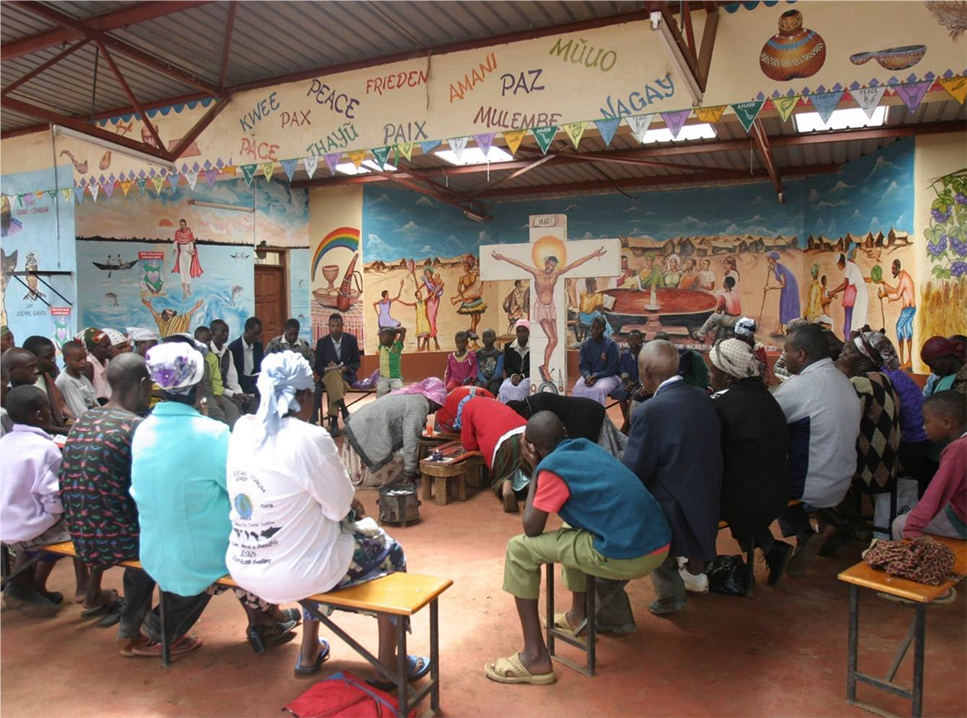
I lived and worked in Kariobangi for more than 10 years. To date, around 200,000 people live there in inhumane conditions. Poverty has many, often dramatic, faces. However, the phrase which I heard practically every day was: “Mungu yupo”. This is a Kiswahili expression and means: “God is there.” This is the whole and wonderful theology of Africa, the faith of Africa. With this attitude, many people struggle through life and yet they get the strength to navigate their everyday hardships. For the faithful, God is always present and walks by their side. In this way, the hope that things may at some point get a little better increases. How else could broken families, single parents, unemployed people, street children, and people suffering from various diseases face the daily strain and struggle of life? How else can people live from day to day? Without a bank account, without social security, perhaps without knowing if they will have something for supper that day. However, there is the confidence that God is present and sooner or later things will turn out well—in spite of many painful setbacks. I consider this capability resilience in the best sense.
Faith Re-experienced
I went to Africa for the first time in 1984 as a “do-gooder” and came back as a missionary. In Africa, the people taught me the deeper layers of faith. I like to say: A missionary does not fall from heaven, but he shapes his vocation by getting involved with the people and the word of God. I learned a lot from living with these people and this greatly deepened my faith.
As missionaries, we witness that wherever people accept the gospel with an open heart, life in society and community improves and becomes more humane. I have experienced that the church is constantly reborn and growing. The parish of Kariobangi in Kenya has a huge church and some filial churches with a few priests. However, the parish is based on 70 Small Christian Communities (SCC): neighborhood groups of 30 to 50 people, which, in addition to the Sunday service, meet weekly for Bible sharing in their backyards or streets. People read the gospel of the coming Sunday and ask themselves in prayer what is wrong in their own neighborhood or what should improve? They ask: Where are the sick people who are waiting for a visit? Where do neighbors need help? Where are families who are starving or who are unable to send their children to school because they cannot pay the school fees? Where do young people need guidance and support so that they do not end up as street children or as garbage scavengers?
Strong Together
Every missionary is impressed by the power which the gospel develops in the hands of the poor and with how much imagination and devotion people live their faith. It happened that a family which already had five or more children also took in the children of a deceased neighbor. A lot of help is offered and a great deal of social work takes place in Africa without much fanfare, without publicity. Another example: Many poor people experience injustice as powerlessness. As individuals, they have no chance of reporting injustice to the police. The idea arose that every Small Christian Community should write down their experiences of injustice. Then the police commissioner was invited to the parish church to listen to the written complaints. As missionaries, we build on such and similar experiences. By this, faith becomes a feast that improves life and makes it more beautiful. The saying: “Shared sorrow is half sorrow; shared joy is double joy” becomes a reality.
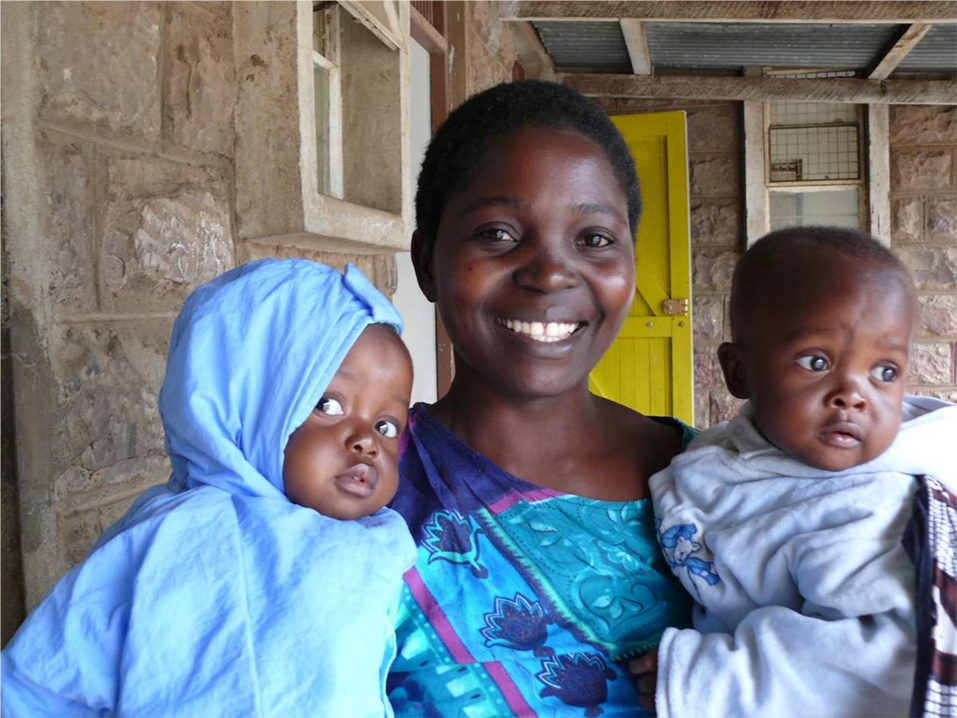
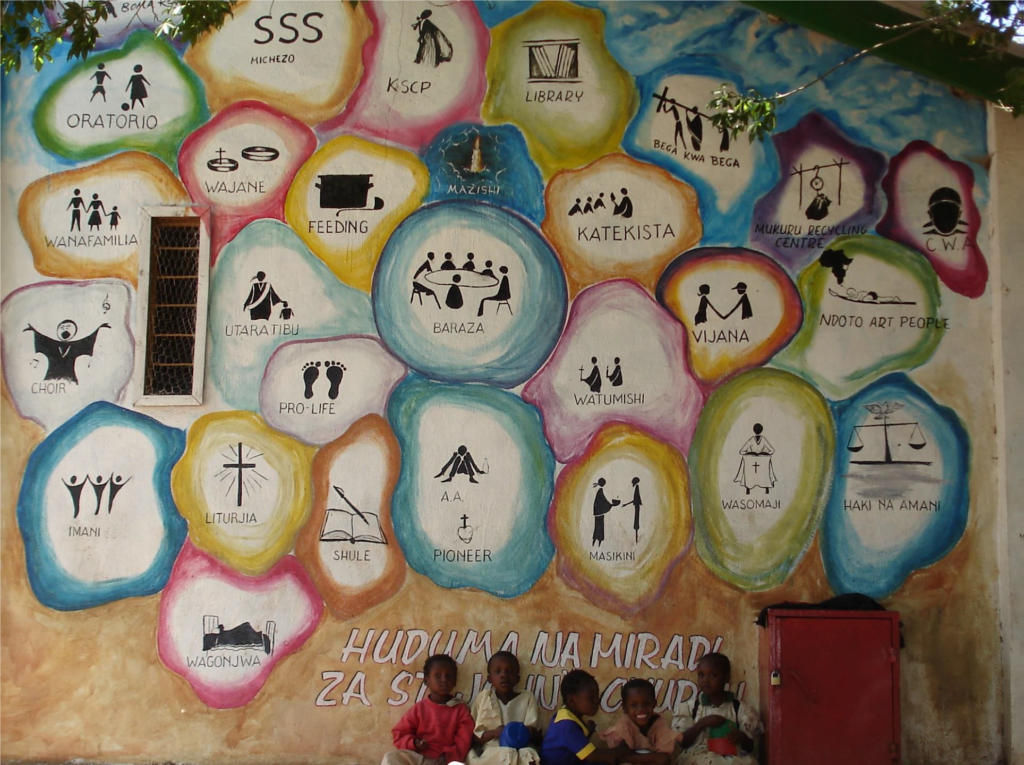
Understanding Church in a New Way: Mission in Europe
Today every European parish is faced with the following question: How can we address parishioners in a new way? What must happen for more people to come to church again? Perhaps we need to ask that question in a different way: How can the Word of God and its core message—namely Christian love—and the Gospel reach the people of today?
In Europe, the number of candidates to priesthood will not increase in the foreseeable future. At present, a priest often “cares for” five to ten parishes. There is simply no time for extra pastoral work. Pope Benedict XVI (2010) already pleaded for us: “To look for new ways of preaching according to the appropriate present situation of human plight”. The laity must come forward.
The great idea of Bible sharing, which MISSION? started in many parishes in Germany 30 years ago, came to a standstill because the most important step—action—was not implemented. Maybe things are too complicated and we are afraid to bear witness to our faith in today’s society. Could people of faith not set up prayer and Bible groups and other forms of encounters (with the blessing of the official Church)? Initiatives that do not get stuck in “passive spirituality” but get into “action” among the people in their neighborhood? This is the way to establish a community of believers who are able to inspire the Church anew. Where the gospel is taken seriously, it reaches the neighbor with empathy and concern. Moreover, as soon as the power of the gospel is experienced, the way back to the church or to its community follows.
Why do we not—with the help of Small Christian Communities—inject new life into those communities who hardly see a priest anymore? I have experienced that a Christian community comes to new life as soon as the Word of God, the gospel, is put into practice with joy and sincerity!

